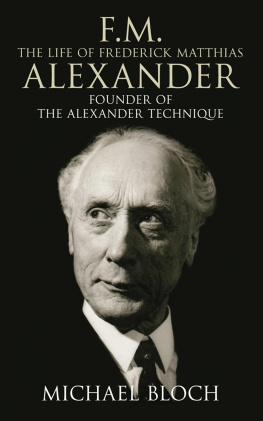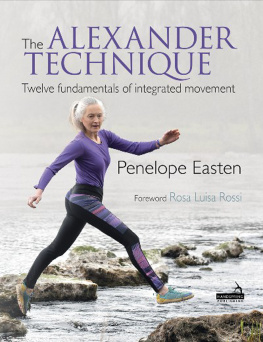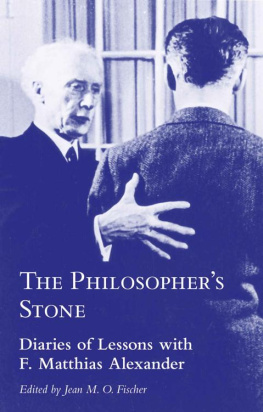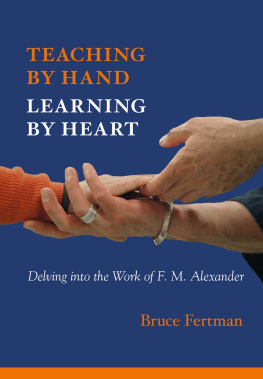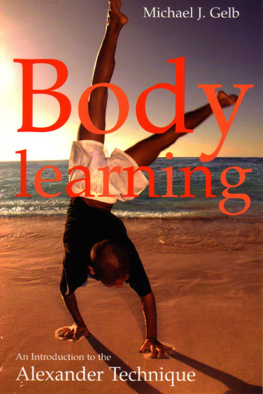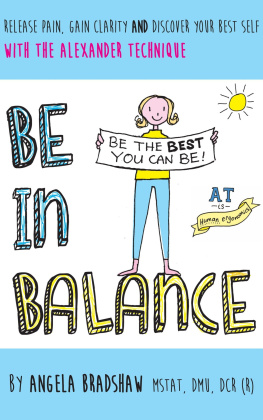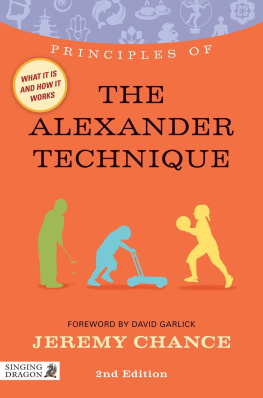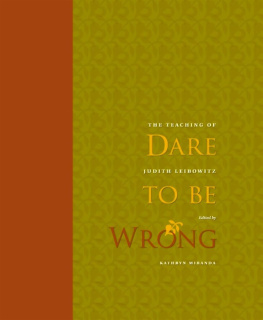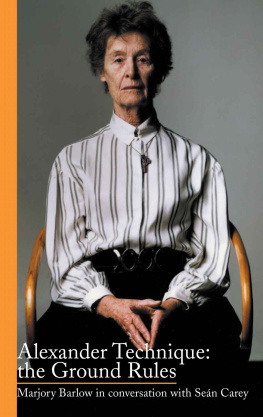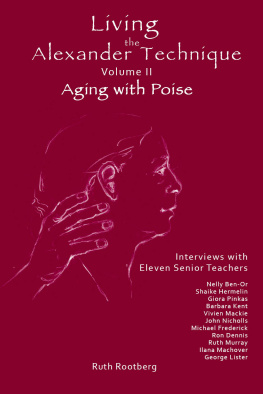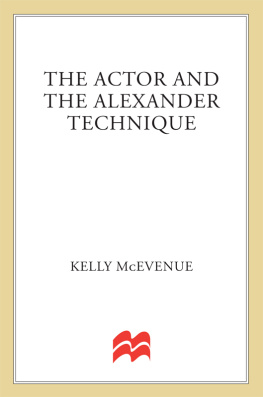Born in 1953, Michael Bloch read law at St Johns College, Cambridge, and was called to the Bar by the Inner Temple. He assisted Suzanne Blum, the French lawyer of the Duke and Duchess of Windsor, and wrote six books about the couple. His biography of Ribbentrop was reissued by Abacus in 2003. He has edited five volumes of the diaries of James Lees-Milne, and is co-producer of a play based on those diaries, Ancestral Voices. His life of Jeremy Thorpe awaits publication.
Published by Hachette Digital
ISBN: 9781405513616
Copyright 2004 by Michael Bloch
All rights reserved. No part of this publication may be reproduced, stored in a retrieval system, or transmitted, in any form or by any means, without the prior permission in writing of the publisher.
Hachette Digital
Little, Brown Book Group
100 Victoria Embankment
London, EC4Y 0DY
www.hachette.co.uk
To those without whom
this book would not have happened
Glynn Macdonald
who suggested I write it
Ursula Mackenzie
my long-suffering publisher
Walter Carrington
my patient mentor
Jean Fischer
my generous historical adviser
Robbie Macdonald
my excellent teacher
and
Daniel F. Barr
who bullied me into starting lessons
in May 1991
Contents
Except where otherwise stated, the above pictures are reproduced by kind permission of Walter Carrington. Thanks are also due to Jean Fischer for providing many of the images on disk.
by Walter Carrington
I have eagerly looked forward to this book. F. Matthias Alexander is the most remarkable man I have ever known. I first heard of him when I was a schoolboy in the 1930s. My mother had suffered for years from a debilitating illness: she was so weak as to be practically bedridden. One day, W. H. Eynon Smith, my form master at St Pauls School in London, enquired after her and remarked that he had recently seen a review in the British Medical Journal of a book by Alexander called The Use of the Self. He suggested that this might be worth looking into.
The result was that my parents read the book and Alexander gave my mother lessons and put her on her feet again: and when he learned that she was the wife of a clergyman of limited means, he charged only a nominal fee. Subsequently he also gave lessons to my father and to me.
I first met him when he invited me to his rooms at 16 Ashley Place, near Victoria Station, and took me out to dinner. He opened the door to me himself and, excusing the absence of servants, said that we were going to the Caf Royal. He was then in his middle sixties, white-haired, of medium height, slim, broad-shouldered with slender hips, alert, elegant, with a bright, birdlike eye. He appeared to be the epitome of an Edwardian gentleman of an earlier generation. I found that he had a natural gift for putting a young man at ease. His manner seemed kindness itself; and incidentally, not for a moment did his voice or gesture betray a hint of his Australian origins.
I forget exactly what we talked about that night. He did not seem to have any great literary or intellectual interests, but he spoke nostalgically of the pre-1914 theatre, and he obviously had a fine knowledge of food and wine. He also showed interest in current affairs and in the turf, but it was obvious that his main interest was his work. He had a remarkable empirical knowledge of his own mindbody. Just as shepherds and stockmen know a lot about the health of their beasts, without formal anatomy or physiology, so he knew about his voice and respiratory mechanisms and the proper use and functioning of the human self as a whole. He had a great vision of a future of mankind (or rather for individual members of it), expressed in the title of his first book, Mans Supreme Inheritance.
From the moment I met him I wanted to know as much as possible about him, and it was my good fortune to have lessons and train with him, and subsequently to assist him in his practice and on his training course, during the last twenty years of his life.
I have long felt that a biography of Alexander was needed, but although I came to know him quite well and learn quite a lot about his life, I did not feel qualified to write it myself. Fortunately, Michael Bloch, a writer who became my pupil a decade ago, expressed interest in undertaking the task. He has had my help and encouragement during the years he has been working on it, and he has written a splendid book which brings the subject to life.
It is notoriously difficult to describe the Alexander Technique: to attempt to do so has been likened to trying to describe a colour to a blind man. Even writers of great talent who were among its followers, such as the American philosopher John Dewey and the English novelist Aldous Huxley, struggled to express it in words. In essence, it is based on the notion that we develop bad habits in our posture which we are often quite unaware of, but which account for much of what goes wrong with us in every department. The Technique provides a practical method of identifying and overcoming these habits. Its founder, the Australian Frederick Matthias Alexander, managed to work it out for himself and apply it to himself after a long, painstaking process of self-examination, described in his book The Use of the Self (1932). However, even if one had the insight to grasp its basic principles, and an infinity of time and patience, one would be unlikely to be able to practise it successfully without instruction, for the reason that it is difficult for the uninstructed to know what is wrong with them which needs to be put right. For ones familiar way of doing things feels right, even though it is often wrong. One therefore requires the guidance of a qualified practitioner. As the Technique purports to be a form of training rather than therapy, its practitioners describe themselves as teachers, offering lessons to pupils. Alexander himself gave lessons which essentially consisted of teaching the pupil the correct way of sitting down in and getting out of a chair for he believed that these two acts encompassed everything that was important in the workings of the postural mechanism. Nowadays, most lessons include an element of table work as well as chair work, in which the pupil is subtly manipulated on a massage table: at first sight it resembles a form of physiotherapy, though the object is not curative but educative. A lesson is not a purely passive affair, for it is important that the pupil, while being guided by the teacher, should focus his mind on what he is supposed to be doing (or not doing), with a view to giving (or withholding) consent to any action. In effect, the Technique is a system not just of postural re-education but of mental training, which teaches one to think about whatever one is going to do in the moment before one does it, with a view to refraining from any activity likely to interfere with the efficient realisation of ones goal.
Until I started lessons in the Technique, I knew of it only as an element in the training of actors; and it was a student of acting who introduced me to it. I was then thirty-seven, and had some reason to be happy. I had written five books which had brought me a measure of fame and fortune. I had many friends, and was leading a life which was both exciting and fulfilling. Yet all was not well. I was prey to cold-like infections, which would put me under the weather for about a week a month. I often found myself short of breath, at which times my voice would diminish to a croak. I suffered from various allergies, which would prostrate me during the hay fever season. My love of good food was interfered with by digestive troubles. I had always been a somewhat awkward and malcoordinated individual, and imagined that these conditions would decrease with my experience of life, though in fact they seemed to increase. As a cumulative result of these problems, I tended to feel exhausted and depressed, and had a sense of being on the decline, though I was not yet middle-aged. I consulted many physicians and specialists, but they never seemed to find much wrong with me, and I never seemed to experience much improvement.

